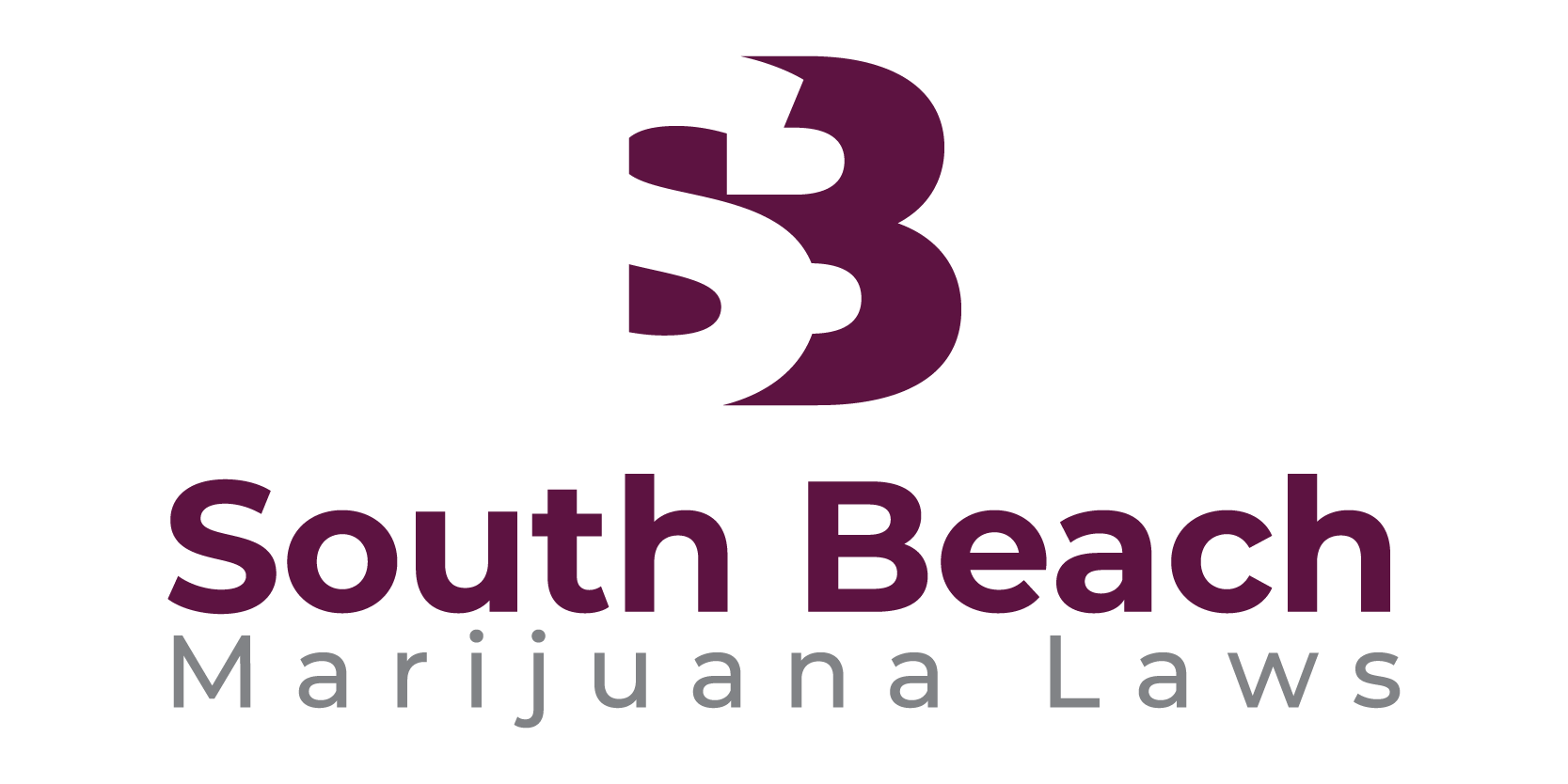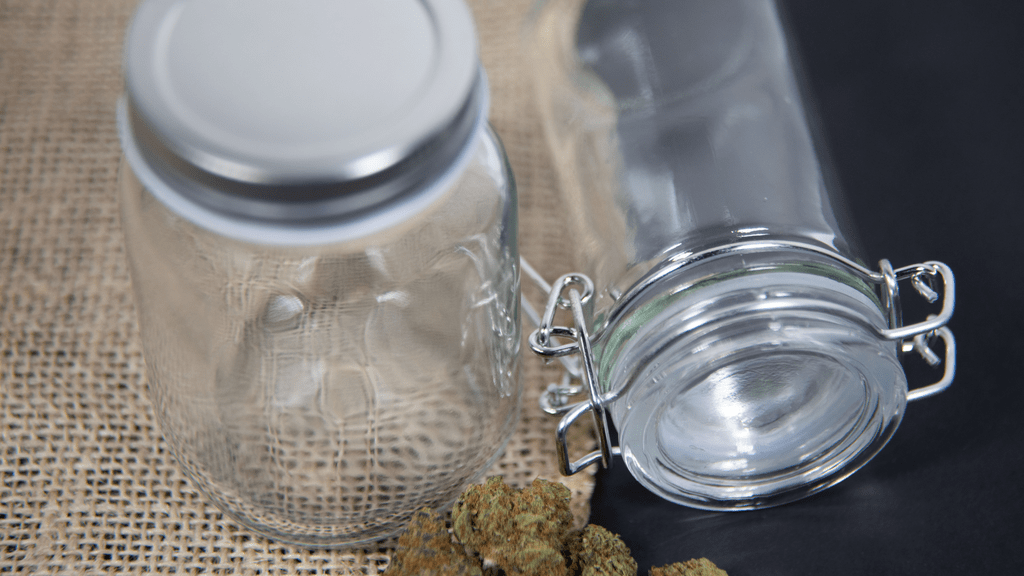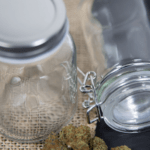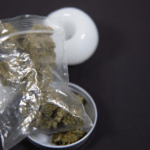In September 2024, New Jersey Governor Phil Murphy signed a significant piece of legislation—Senate Bill 3235—that introduces new regulations for hemp-derived cannabinoids. This law aims to address concerns over unregulated hemp products and ensure public safety, particularly with the sale of intoxicating hemp products like delta-8-THC and delta-10-THC.
What the New Law Entails
The new law immediately prohibits the sale of intoxicating hemp products to individuals under 21 years old and requires that these products can only be sold by licensed cannabis businesses or liquor stores approved by the Cannabis Regulatory Commission (CRC). For a product to be classified as “intoxicating,” it must contain more than 0.5 milligrams of total THC per serving or 2.5 milligrams per package.
The law was driven by concerns about products containing synthetic cannabinoids, which are widely available in convenience stores but lack stringent quality control, leading to potential health risks. The legislation aims to bring such products under stricter oversight, making sure they meet the same standards as regulated cannabis products.
Reasons for the Regulation
The push for this legislation came amid growing concerns that intoxicating hemp products were too accessible to minors and not subject to adequate testing for contaminants. Governor Murphy stated that the “status quo poses an immediate risk to health and safety,” citing a rise in hospitalizations linked to improperly labeled or contaminated products. The bill was designed to close existing loopholes that allow these products to be sold without regulation, thus bringing them under the CRC’s jurisdiction.
Changes in the Market and Implications
The law not only affects hemp producers and retailers but also extends to online sales, prohibiting unlicensed businesses from distributing intoxicating hemp products via e-commerce. The sale of compliant, non-intoxicating hemp products, such as those containing CBD, will remain largely unaffected as long as they adhere to THC limits.
A significant provision of the law is its impact on hemp beverages. Now, businesses seeking to sell hemp-infused drinks must obtain special licensing and meet the new regulatory standards. This change aims to ensure that hemp-derived products, whether edibles or drinks, are as rigorously regulated as marijuana-based products.
Looking Forward
The law’s other provisions, initially set to be fully enforced by October 12, 2024, faced a legal challenge, causing temporary delays. However, the age restrictions on sales remain firmly in place, and the state is reviewing the court’s decision to implement other aspects of the law in the near future. The increased regulation could set a precedent for other states grappling with how to manage intoxicating hemp products.
Sources:





